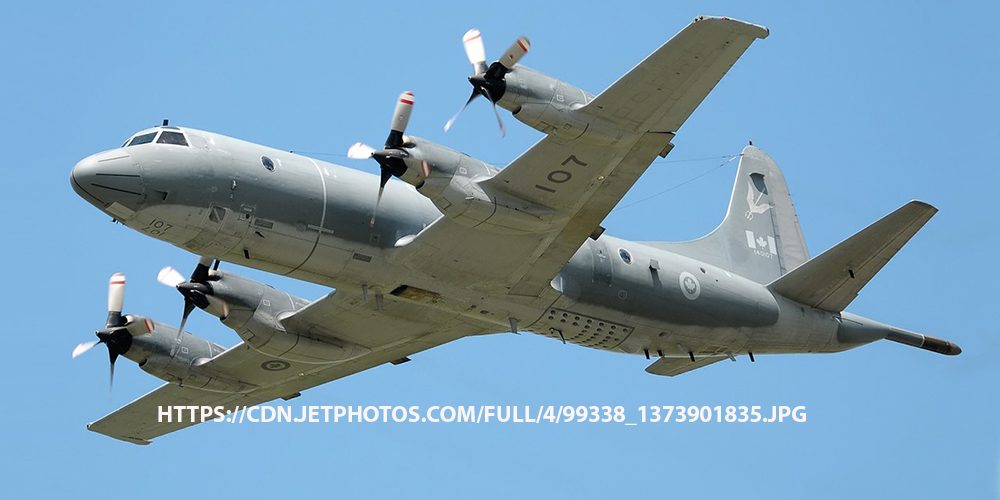Montreal, Thursday, November 30, 2023 – For us, there’s no justification for going with a direct contract. This choice is a form of contempt for our aerospace industry and the workers for whom it is famous.
“The Canadian government has just missed an opportunity to be transparent with Canadians, to give our Canadian companies the opportunity to showcase themselves and our industry,” said David Chartrand, Canadian General Vice-President of the IAMAW. “We just missed a chance to strengthen our industry, its capabilities, and its autonomy. What message does that send when a government does not trust its own aerospace industry and the know-how of the workers who make it what it is when it comes to purchasing new planes? When you have a company like Bombardier in your territory, whose product quality is recognized worldwide and wants to bid on a public contract, the least you can do is give it a real chance to stand out.”
The decision to go ahead without tendering the contract undoubtedly reduced our ability to obtain guarantees.
“As a union member, if I go to a bargaining table and tell an employer that we will accept what they are going to propose before we even begin negotiating, I may have trouble doing my job; This is similar to what Canada has just done with Boeing, says Mr. Chartrand. It would have been the least we could have done to take the time to analyze the various options in a transparent and fair bidding process. A process that puts our interests first.”
The Government has confirmed that the Canadian Industrial and Technological Benefits (ITB) Policy will apply to the project.
“That’s a small consolation,” says Chartrand. Instead of evaluating the possibility of choosing a Canadian-made aircraft that could become the next generation of maritime patrol aircraft, we’ll have to make do with what Boeing is willing to give us. One thing is certain: Boeing will put its own interests ahead of those of our industry, our economy and Canadian citizens.
Further proof that Canada needs an Aerospace Policy
“The government argues that its current CP-140 fleet “is becoming increasingly difficult to sustain and costly to maintain,” as it approved $1.9 billion in upgrades in 2019 to stretch their life to -beyond 2030 and the last project ends in 2024, two years before the delivery of the first P-8 planned for 2026. This case shows us once again that the government is unable to have a long-term vision of its needs and that it is unable to coordinate them with the industry. This is further proof that we need a long-term aerospace strategy for Canada.”
The importance of developing our own defense autonomy.
The current geopolitical context is extremely tense, with the war in Ukraine, the Israeli-Palestinian conflict, tensions in the Arctic and between China and Taiwan. This situation, which puts immense pressure on suppliers of military equipment and its supply chain, is an invitation to further develop our own autonomy and sovereignty in terms of air defense.
In order to work effectively with our allies, we should focus on developing our own capabilities, our own projects,” argues the Canadian General Vice President of the IAMAW. By relying on others to supply us, we will end up having a problem. In the aerospace sector, we are already recognized worldwide for our expertise, which is another reason to trust our expertise and allow our companies to compete for this contract.”
-30-
The IAMAW is the world’s largest aerospace union, with over 184,000 members in 1,000 collective agreements. Active in the Quebec aerospace industry since 1940, the IAMAW today represents over 60% of unionized workers in the sector. Machinist members can be found at Bombardier, Airbus, Airbus Atlantic, Héroux-Devtek, Daher, Tekalia, Abipa, Lauak, L3-Harris, AJ-Walter, Air Canada and Air Transat, among others.
For information:
Guillaume Valois, Public Relations and Research Representative IAMAW
514-966-0915
g.valois@aimta712.org
For more information:
David Chartrand, IAMAW Canadian General Vice President
514-231-9100
dchartrand@iamaw.org



